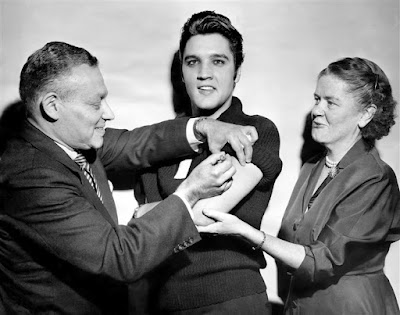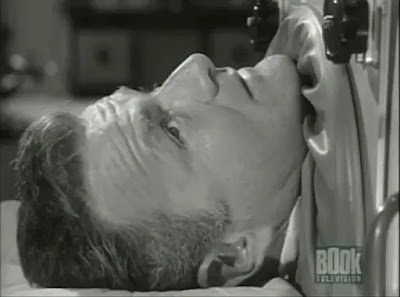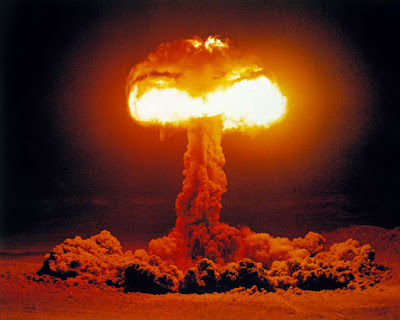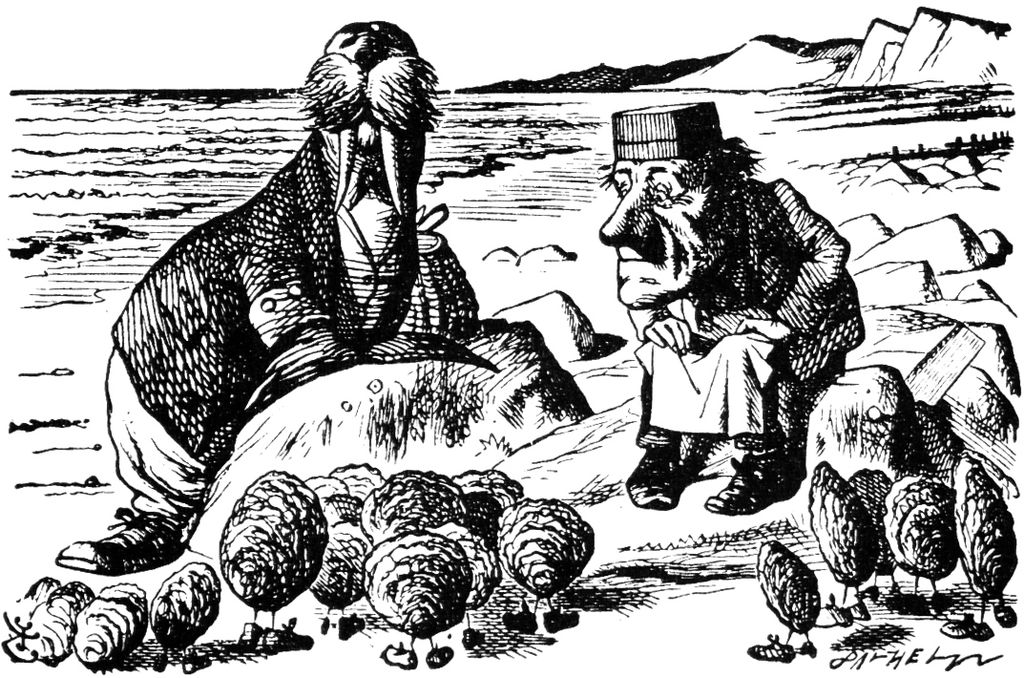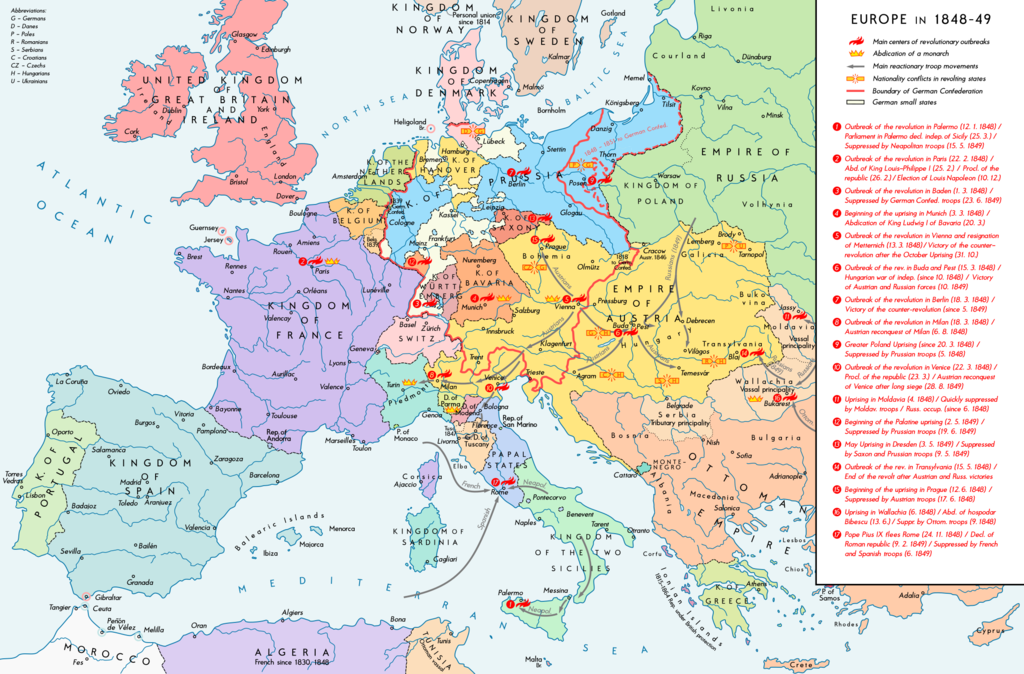A decorated soldier, a former Special Forces captain in Afghanistan, is being charged with murder by the U.S. Army - not a domestic, or Crazy Guy Shoots Up Walmart, but combat-related, a violation of the Rules of Engagement. Matthew Golsteyn was deployed to Marjah, in Helmand Province, in 2010. The area is a major producer of poppy and a primary revenue source for the Taliban. Two of Golsteyn's troops were blown up by booby-traps, on patrol, and not long after, Golsteyn got custody of a suspected Afghan bomb-maker. The guy didn't talk, and Golsteyn was required to release him. In a CIA job interview a year later, however, Golsteyn said he knew that if he let the guy go, it was a death warrant for Afghans working with U.S. forces, and for other GI's. Golsteyn took the guy out past the wire and shot him.
That's one version, anyway. The initial investigation came up, if not empty, inconclusive. But in 2016, Golsteyn did something deeply stupid. He shot his mouth off to Fox News, and said he killed the guy. At which point, the Army reopens the case. This time, they bring capital charges.
Regardless of the merits, the case has now caught the attention of Our National Joke. Trump thinks an injustice is being perpetrated, and he's promised to look into it. "I will be reviewing the case of a U.S. military hero.... He could face the death penalty from our own government after he admitted killing a terrorist bomb maker while overseas." Trump, of course, doesn't know his ass from a hole in the ground around the UCMJ - the Universal Code of Military Justice - and he's blithely unaware that what he's doing could compromise the case, one way or the other.
It's called Unlawful Command Influence. For example, Pres. Obama said heatedly that sex offenders in the military should be "prosecuted, stripped of their positions, court-martialed, fired, dishonorably discharged." This was later interpreted as prejudicial, and there was in fact one Navy judge who ruled out a punitive discharge at court-martial because of Obama's statement. (Trump said inflammatory things during the campaign about Bowe Bergdahl, and although the judge in that case acknowledged Trump's remarks were inappropriate, he gave Bergdahl a DD anyway.) In the Golsteyn case, we're talking about influencing a
favorable verdict, or asking for dismissal. It ain't gonna happen, but we'll see if the fat lady can carry a tune.
*
Return with us now, through the mists of time, to that unlovely year 1969. Nha Trang. A suspected Vietnamese informer named Thai Khac Chuyen is taken on a boat ride out into the South China Sea, shot twice in the back of the head, and dumped over the side. Project GAMMA was a spook show, run out of 5th Special Forces under CIA discipline, and CIA signed off on Chuyen's termination (although they'd pretend otherwise, when the shit hit the fan.) Six of the Green Berets in the unit, along with 5th SPG's commanding officer, Col. Robert Rheault, wind up in the stockade, waiting on an Article 32, preliminary hearing for a general court-martial, charged with murder.
You have to understand the politics, here. Abe Abrams had taken over from Westmoreland the year before. Abrams was a tank guy. He didn't have any patience with Spec Ops, and he especially didn't want
his boys, GI's, carrying water for CIA. It was all about accountability. Abrams also thought Col. Rheault had lied to him, but this is a little tricky, because Rheault was new on the job, and may not have been fully briefed. GAMMA was restricted access, Need-to-Know. Rheault could have easily repeated the CIA cover story to Abrams, without realizing it was fabricated. Either way, the damage was done. Abrams was in a fury.
Abrams is in no way mollified by the press coverage, which reports the Green Berets are being scapegoated, first to take the heat off CIA, and secondly, when evidence surfaces that Chuyen was in fact a spy, to ask why they were charged in the first place. Killing the enemy is a soldier's first order of business. The defense asks to depose both Abrams himself, and the CIA station chief in Saigon. This hot potato goes all the way up the chain of command. Nixon instructs Haldeman to put the kibosh on the whole thing, and CIA falls in line, refusing on national security grounds to cooperate with the court-martial authorities at all. The secretary of the Army vacates the charges. Rheault asks for reinstatement. Abrams turns him down. Rheault resigns his commission and quits the Army.
Now
that's what you call Unlawful Command Influence. And
that's why the protocols and procedures are in place, to guard against malice, against too-easy resolutions, and against simple-minded blowhards with too much time on their hands. More honored in the breach than in the observance.
*
I've written myself about GI's, and spooks, who puts the fix in and who gets squeezed in the middle, and I'm now happy to report I've discovered somebody else working that turf, a sort of DMZ, between the wild and the sown. Martin Limón is new to me, but that's soon remedied.
Thirteen novels and counting, beginning with
Jade Lady Burning and
Slicky Boys, and a story collection,
Nightmare Range. So far as I know, his first published appearance was in
Hitchcock, in 1991. He's mixed it up a little, but for our purposes, it's the George Sueño and Ernie Bascom series that's center ring. George and Ernie are U.S. Army CID investigators in Korea, in the 1970's. They work the street, on the edge of the rackets and the black market, at the exotic and familiar overlap of Korean and American GI culture. Not so much
American, mind, as American
military, itself both an exotic and familiar creature.
These are terrific books, not least because the environment is a bubble off of plumb. And they're dark, no getting around it. I'm reminded not a little of Sarah Bird's wonderful novel about a career U.S. Air Force family in Japan,
The Yokota Officers Club. Her book isn't a crime story, even if in part it's about secrets, but it inhabits a sort of Twilight Zone, because the world she describes is
foreign, with its cadences and rigidity, and its very own vocabulary. Martin Limón gets this
cold, and he does it in a similar way, by treating it as matter-of-fact.
There's a lot to be said for turning the conventions backwards. If you accept a structure, a template, the characteristics of a Western, or a Gothic, the elements of
noir, it doesn't tie your hands. It can be invigorating. Martin Limón takes the police procedural and folds it in on itself, and hands it back to you with the pin pulled out.



